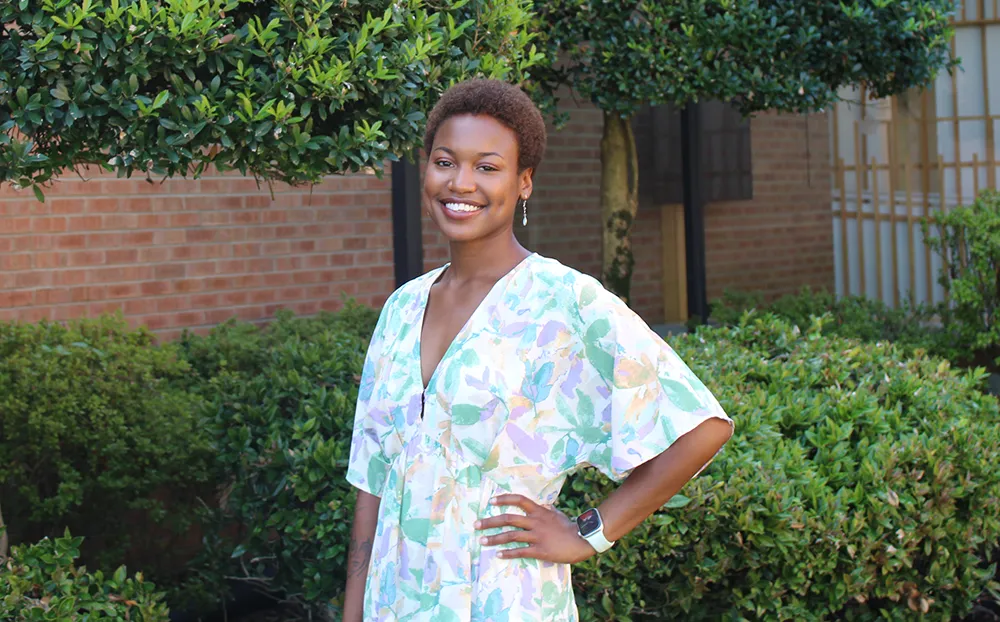My voice, my journey
No child dreams of being in foster care. A loving, stable family is the standard we all hope for. But not every child is born into ideal circumstances.
I never imagined I would enter the foster care system. Both my parents are alive and well. Neither struggles with substance abuse. For most of my childhood, I was surrounded by family.
I lived with my mother until I was 9 years old. Then, she decided to leave Tennessee, and my two siblings and I moved in with my father. We stayed with him until I turned 11. After he abandoned us in a cold apartment, my sister and I moved in with one of her friend’s parents. My brother was placed in a foster home.
At first, I didn’t understand what it meant to be in foster care or how it would affect me. I officially entered the system after being abused by the friend’s parents — a trauma that continued for about a year after I turned 16. When the abuse was discovered, I was quickly removed from the home and placed with my 11th-grade chemistry teacher, who was certified as a foster parent. While living with her, I finished my senior year of high school.
I consider that placement a “lucky draw.” Many young people are not as fortunate to be placed with someone they know and trust. I urge foster parents to be patient with the young people in their care. We’ve already endured so much. Feeling unwanted or disconnected from our biological families only deepens the pain.
My foster parent, or “lucky draw,” made sure I stayed connected to my siblings, and that meant everything.
She also supported my goals and helped me develop a healthier relationship with myself.
Although I remain connected with my family, navigating adulthood without parents is incredibly difficult. But with Youth Villages’ LifeSet program, I didn’t have to walk that path alone. My caseworker through the Tennessee Department of Children’s Services encouraged me to join the program.
I met my LifeSet specialist shortly after turning 18, and she made my life easier. She helped me apply to colleges, find a car, and access financial support for daily needs and college tuition. Most importantly, she was compassionate and understood the challenges faced by former foster youth.
This December, I’ll graduate from the University of the South with a major in politics and a minor in history. After graduation, I plan to work as a paralegal before attending law school. My goal is to become a constitutional lawyer and use my degree to advocate for change.
Youth Villages was a breath of fresh air for me, and it can be the same for others in the foster care system.

